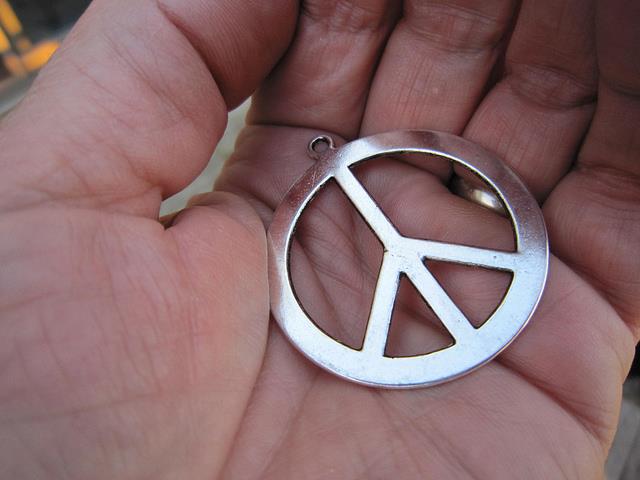Life
In light of the recent violence and terror in the world, I’ve been reflecting on the topic of peace and justice, and how we at UCSB, coming from different cultures, genders, races, religions, and languages, could talk about these topics. We need to go beyond being aware of what’s happening and have a conversation.
 In light of the recent violence and terror in the world, I've been reflecting on the topic of peace and justice, and how we at UCSB, coming from different cultures, genders, races, religions, and languages, could talk about these topics. We need to go beyond "being aware" of what's happening in our world and have a conversation. But how do we exactly do it? What should be our discourse when talking about peace and justice? And what should be the context of our conversations?
In light of the recent violence and terror in the world, I've been reflecting on the topic of peace and justice, and how we at UCSB, coming from different cultures, genders, races, religions, and languages, could talk about these topics. We need to go beyond "being aware" of what's happening in our world and have a conversation. But how do we exactly do it? What should be our discourse when talking about peace and justice? And what should be the context of our conversations?
I am currently a teacher to young immigrant children at a local organization. Last week, I told the kids that we need to pray for world peace and that we need to pray for those who were affected by the Paris attacks. Suddenly, a child asked me, "What is 'peace'?" Another child asked, "How do we create 'peace'?" I responded to them by saying, "GREAT questions! Let me find that out and let you know, OK?" I blurted out my typical teacher feedback whenever I don't know the answer. I mean, what would you have done differently?
 I went home that night and sought Merriam-Webster's help to understand what "peace" is: "a state in which there is no war or fighting." Upon reading this rather simple definition, I became more devastated. We are not currently in war and no two parties were physically fighting when all these terrorist activities happened ... right?
I went home that night and sought Merriam-Webster's help to understand what "peace" is: "a state in which there is no war or fighting." Upon reading this rather simple definition, I became more devastated. We are not currently in war and no two parties were physically fighting when all these terrorist activities happened ... right?
On one fine day, innocent lives were taken. Some of us continue to tremble in fear, as we search and wonder who will be the next target. Children lost their parents and others lost their homes. But why is it that current news is overflowing with political agendas on what to do with people from certain religious, ethnic, or cultural backgrounds, including refugees - those who come not in disguise, but as "refugees" seeking a safe place? Conversations have now shifted from "hashtag Pray for Paris" to how to identify terrorists. Not that the latter topic is less important, but where are our deeper conversations around the topic of peace and justice?
Of course, conversations won't immediately solve our world problems. However, I believe that talking about peace and justice is where we should start, at least if bringing peace and justice is our ultimate goal. I personally do not know how to talk about these topics; hence, I am writing this article, because I want to learn more and I want to start a conversation here at UCSB.
At the end of the day, in whatever ways, we ALL need to be stewards of peace and justice. We tend to forget, but these issues are not just for the politicians, the United Nations, or the media. We are all stewards of this world, because whether we like it or not, this place is our home, where we need to live and thrive together.
Editor's note: UCSB Education Ph.D. student Hala Sun was previously the Graduate Division's Diversity and Outreach Peer Advisor and a writer for the GradPost.